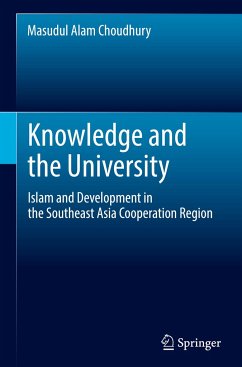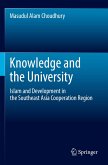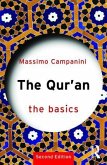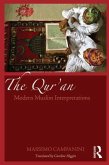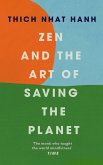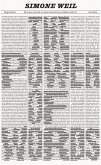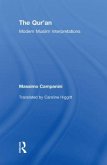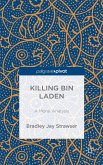This book looks at a substantively new model of educational philosophy and its application within the field of tertiary education, in relation to socio-economic development in Southeast Asian members of the Organization of Islamic Conferences (OIC). Focusing on and drawing from the cross-regional South East Asian Cooperation (SEACO), a network promoting regional economic cooperation, the author presents a thoughtful evocation of a new orientation to educational philosophy and policy within the development context in the time of, and relating to, COVID-19. The generalized worldview of Islamic educational and socio-economic development model is laid down in relation to the philosophy of education and an ethical-scientific structure of development in terms of the theory of knowledge (epistemology, episteme). The foundation of scientific thought and a comparative Islamic worldview in understanding the unified reality of 'everything' is presented. The objectivity of socio-scientific learning at all levels of educational development is further explained within the context of SEACO and its think tank vis-à-vis a reconstructive perspective in which the Islamic episteme of the unity of knowledge and its substantive methodology is addressed and unpacked. The book is relevant to policymakers and scholarly researchers in Islamic philosophy and development and higher education in Southeast Asia and in the Muslim world and more broadly for the world of learning.
Bitte wählen Sie Ihr Anliegen aus.
Rechnungen
Retourenschein anfordern
Bestellstatus
Storno

